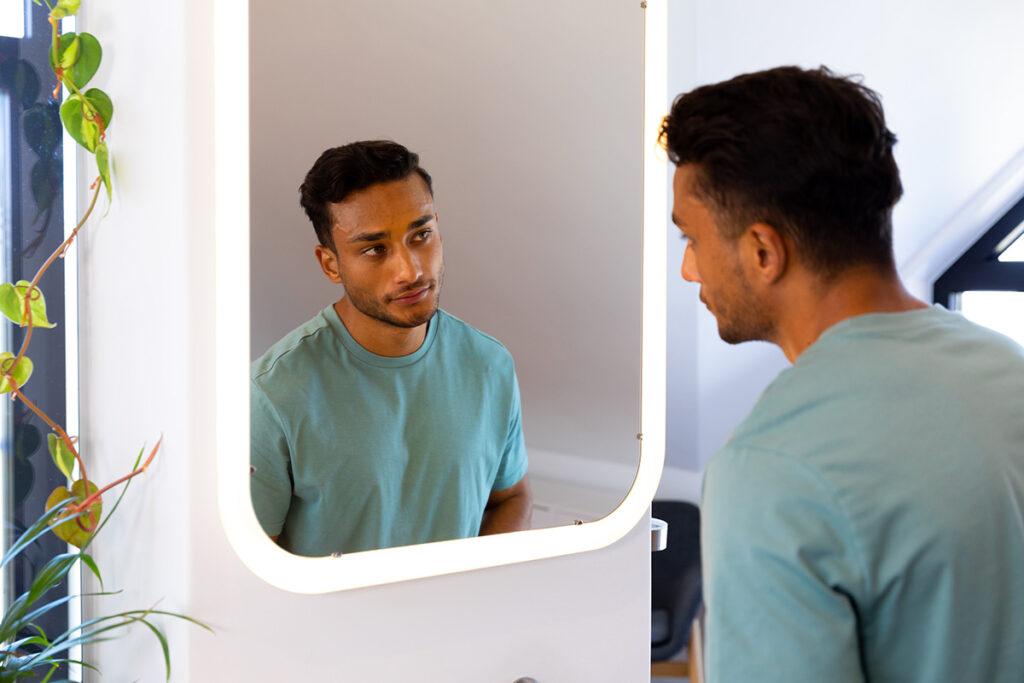Today, people from all walks of life struggle with body image issues. Social media, magazines, films, and television have the power to set unrealistic expectations for how people should look, no matter their health or body type. Many people think body image issues like body dysmorphia only affect women. However, young men can be equally affected by body dysmorphia. Like there are for young women, there are unrealistic expectations for how strong, lean, and fit young men should look. Men and body image issues have often been ignored and stigmatized. Yet, the truth is that men also struggle with body image issues, and they deserve support and understanding just like anyone else.
If you or a young man in your life is struggling with body image issues, Red Oak Recovery® can help. Our holistic recovery plans help men ages 18-30 recover from disordered eating. Call us today at 828.382.9699 to learn more about how eating disorder treatment for men in our North Carolina center can help.
Do Men Struggle with Body Image Issues?
Yes, men do struggle with disordered eating, eating disorders, and body image issues. In fact, rates of eating disorders are increasing more quickly among men than women. Body image issues are often one of the first signs of disordered eating in men. These issues can quickly escalate and lead to dangerous behaviors such as extreme dieting, over-exercising, or even steroid use.
Is Disordered Eating Also an Eating Disorder?
Psychologists define disordered eating as an unhealthy relationship with food, body image issues, and problematic eating behaviors. Meanwhile, eating disorders are complex mental health conditions where disordered eating patterns cause severe health risks and impairments in every area of life.
Disordered eating patterns may appear as:
- Body dysmorphia: Seeing your body differently than it actually appears
- Binge eating: Eating large amounts of food in short amounts of time
- Yo-yo dieting: Often switching from diet to diet
- Food anxiety: Nervously thinking about food, anxiety during group meals
- Calorie counting: Meticulously counting calories without medical suggestion or supervision
- Fad dieting food restrictions: Keto, paleo, South Beach, and other fad diets without medical supervision
- Guilt and shame: Strong negative emotions that appear before, during, and/or after eating
Distorted body image and preoccupation with food can also be early signs of disordered eating habits. For many young men, unhealthy eating habits give them a sense of control in life. Calorie counting, exercise tracking, and restrictive diets can provide them with a false sense of control over their bodies. This need for control may come from unresolved trauma, undiagnosed mood disorders, or prolonged stress, so addressing these factors during treatment is essential.
Separating Men and Body Image Issues with Positive Thinking
Eating disorder treatment can help you repair your relationship with food and exercise while helping you see yourself in a more positive light. However, there are some things you can do right now, before ever starting treatment, that can help you get on the right track.
You Are More Than Your Body
Body size, shape, or weight doesn’t determine your worth as a person or your identity as a man. In fact, it’s those qualities not related to appearance that make you, well, you. For example, are you patient, caring, creative, and a good friend? Focus on honing your unique gifts and potential, developing meaningful relationships, establishing goals, and contributing to life.
Your Body Is Unique
Bodies come in all different shapes and sizes, and there’s no such thing as a “right” body shape or size. Consider giving up your goal of achieving the “perfect” male body and work at accepting your body just the way it is.
Your Body Is Amazing
If you’re going to focus on your body, take note of what it does, not what it looks like. For instance, marvel at the way your thighs help you run, or your arms enable you to hug a loved one.
You Have the Power to Think Positively
Negative self-talk does more harm than good, so the next time you find yourself saying, “I look fat,” stop and substitute the thought with a positive message: “I’m a worthwhile person, and my weight does not define me.”
Your Friends Do Matter
Now more than ever, it’s important to surround yourself with people who respect and support you. If you’re struggling with body image, you may want to limit interactions with friends who are overly concerned with weight or appearance.
Diet and Exercise Are Not Just for Weight Loss
A healthy focus on physical activity and proper nutrition is important for your own self-care and to give you energy for lasting recovery.
It’s common for men to overlook help for unhealthy body image or disordered eating. Because eating disorders and body image issues are assumed to affect women more than men, it can be challenging for men to know when and how to seek help. A combination of traditional talk therapy and holistic methods helps men develop positive body image and resolve body image issues.
Get the Help You Need at Red Oak Recovery®
Treating men and body image issues is our primary goal at Red Oak’s eating disorder program. Our experiential programs provide comprehensive, gender-specific support for young men 18-30. With a focus on traditional and holistic individual, group, and family therapy, we help clients identify and manage triggers while improving communication and relationships back home.
If you’re ready to start healing, call Red Oak Recovery® at 828.382.9699 or complete our online form.









